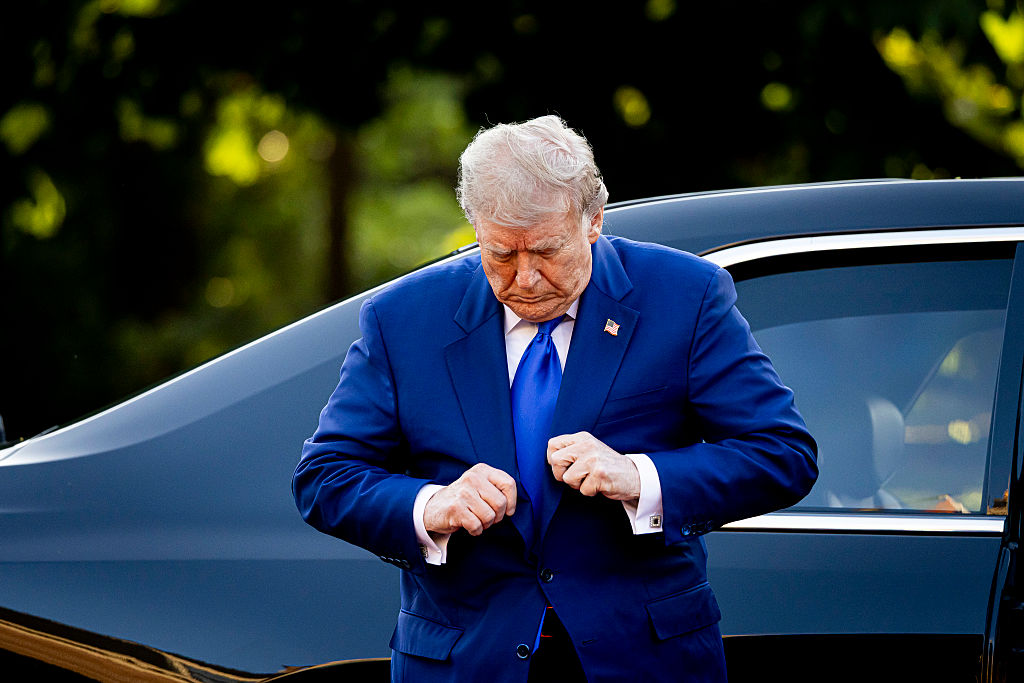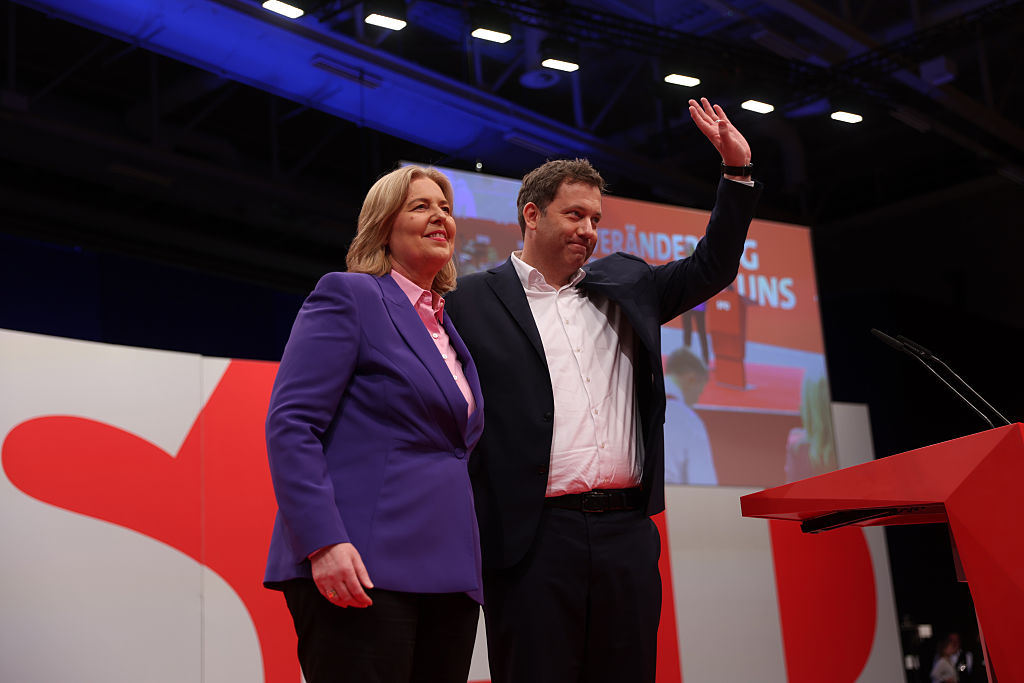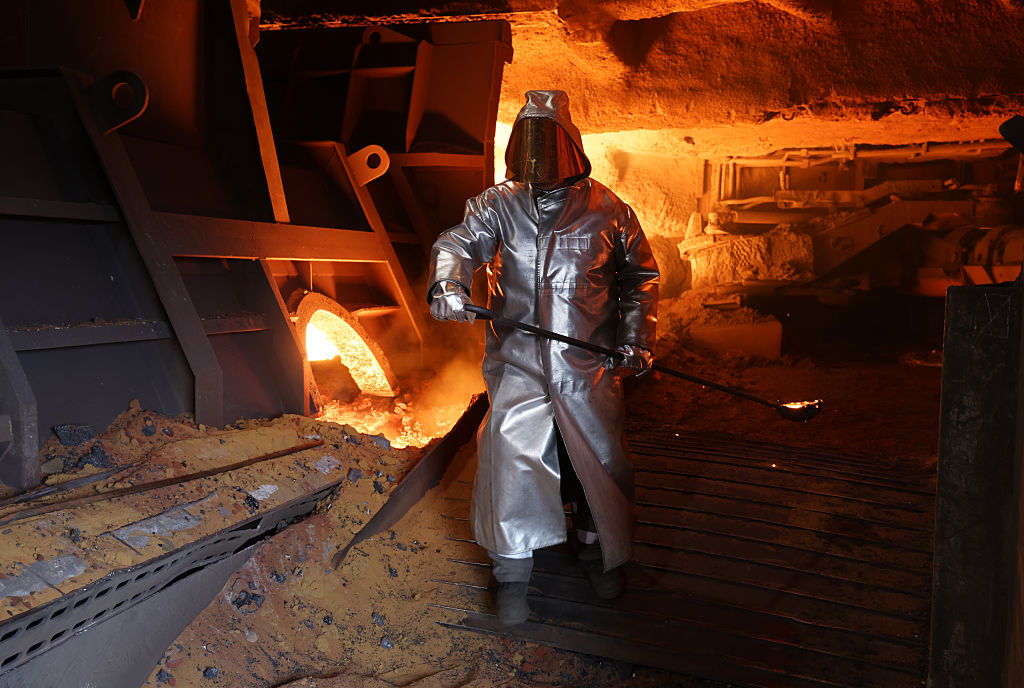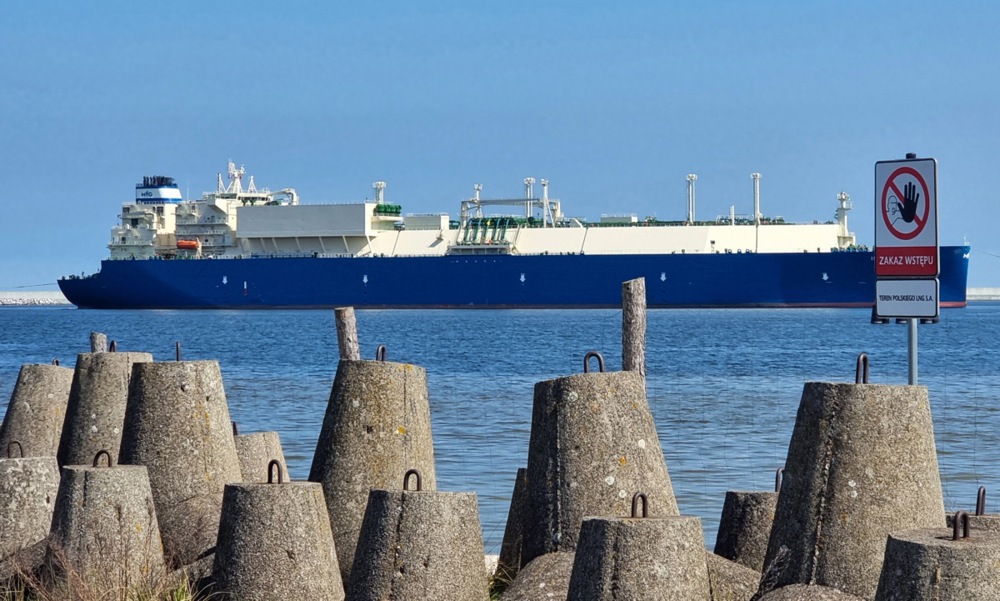Iran has arrested and detained a teenage French-German national on a Europe-to-Asia cycle trip who disappeared in the country on June 16, Iran’s foreign minister told Le Monde newspaper.
The French foreign ministry, which has accused Iran of pursuing a deliberate policy of detaining foreigners to use as bargaining chips, had previously expressed concern over the fate of 18-year-old Lennart Monterlos.
France and a number of other countries have urged their nationals not to go to Iran because of the risk of detention.
Iran’s foreign minister Abbas Araghchi told Le Monde on July 10 that an “official notification” about Monterlos had been sent to the French embassy in Tehran.
“He was arrested for committing a crime and an official notification regarding his situation was sent to the French embassy,” Abbas Araghchi told Le Monde, without providing further details, according to Reuters.
French Prime Minister Francois Bayrou urged Iran to not “persecute the innocent who are sometimes unaware of the risks they face” in an interview with broadcaster LCI.
The French foreign ministry told AFP it was in contact with Iranian authorities about the case and was also speaking with the teenager’s family.
Two other French nationals, academics Cecile Kohler, 40, and Jacques Paris, 72, were being held on charges of spying for Israel and could face the death penalty. They were detained on May 7, 2022 on the final day of a holiday in Iran.
French President Emmanuel Macron had recently threatened Iran with “retaliation measures” if the pair were not released.
Relations between Paris and Tehran have been tense, with Iran accusing the West of not doing enough to condemn Israel’s recent strikes.
Along with other European countries, France suspected Iran of taking Western citizens hostage to barter their freedom for concessions, notably on its nuclear plans and the lifting of economic sanctions on the Islamic republic.
The European Union countries have hinted it could reimpose the sanctions mechanism planned in the 2015 deal on Tehran’s atomic programme.
“The threat of sanctions does not help diplomacy,” Araghchi said, urging France, Germany and the UK to play “a constructive role” in the talks.
His comments came as The New York Times revealed on July 10 that some of Iran’s highly enriched uranium stockpile survived US and Israeli attacks on the country’s nuclear sites in late June and may be accessible to Iranian nuclear engineers, a senior Israeli official said.
In a briefing with reporters the day earlier, the official said any attempts by Iran to recover the material, believed buried in caskets underground, would almost certainly be detected and Israel would be able to launch strikes on such efforts.
UK Prime Minister Keir Starmer said on X late in June: “Iran’s nuclear programme is a grave threat to international security. Iran can never be allowed to develop a nuclear weapon.
“The situation in the Middle East remains volatile and stability in the region is a priority. We call on Iran to return to the negotiating table and reach a diplomatic solution to end this crisis.”
Iran was believed to have about 20 Europeans in detention.





